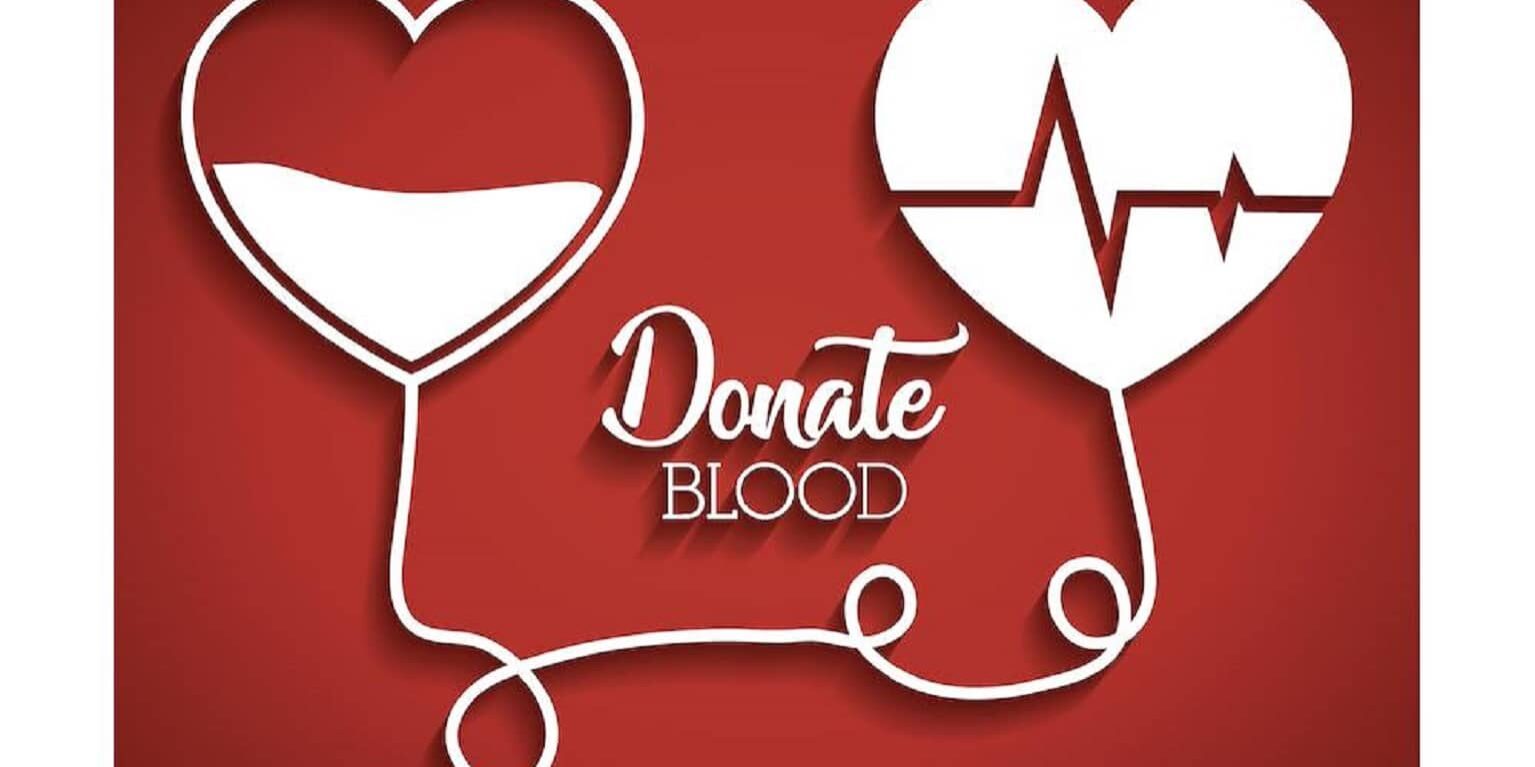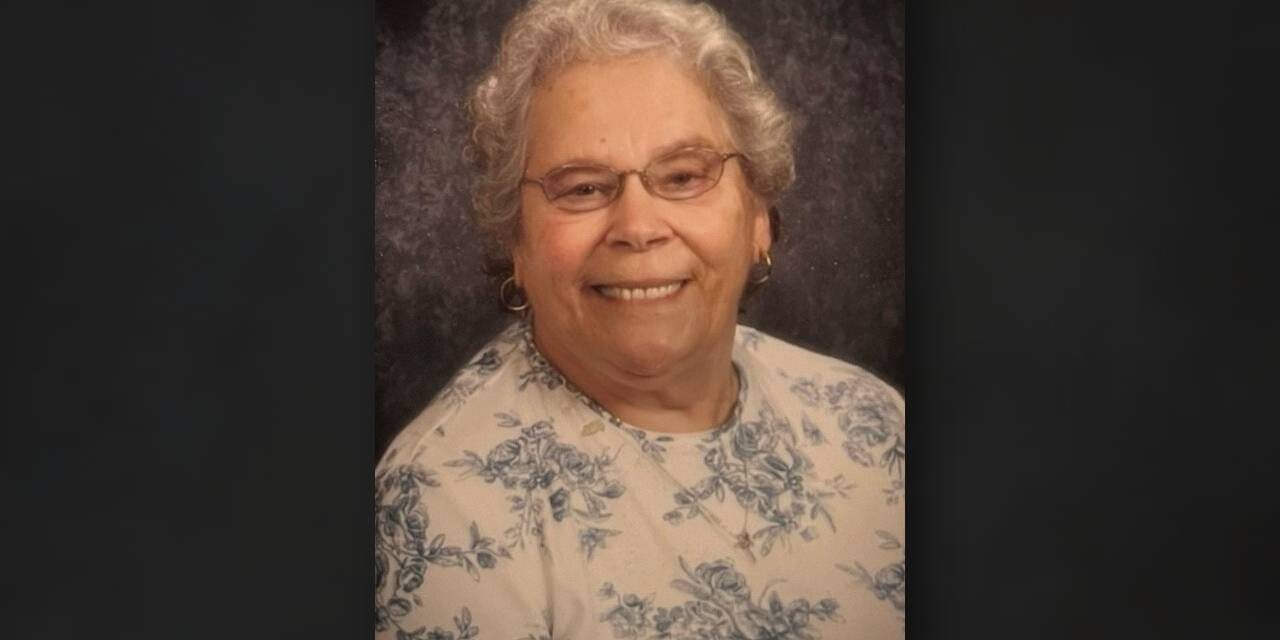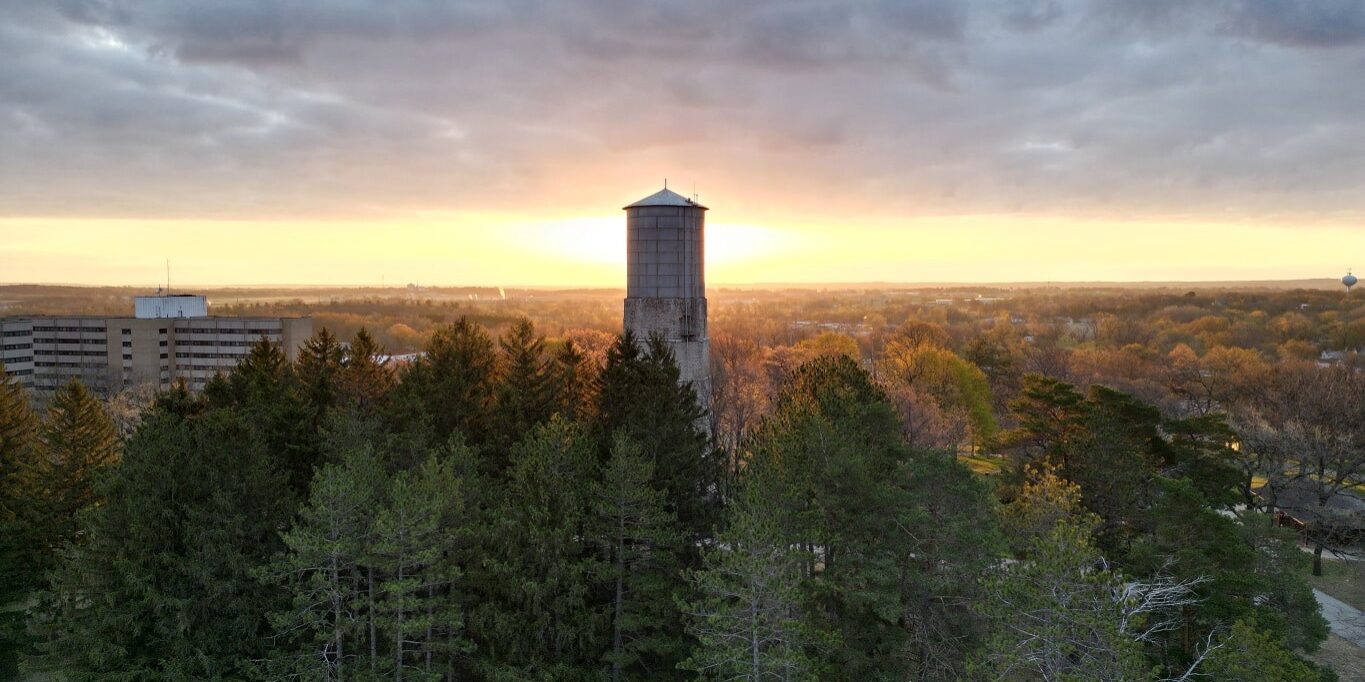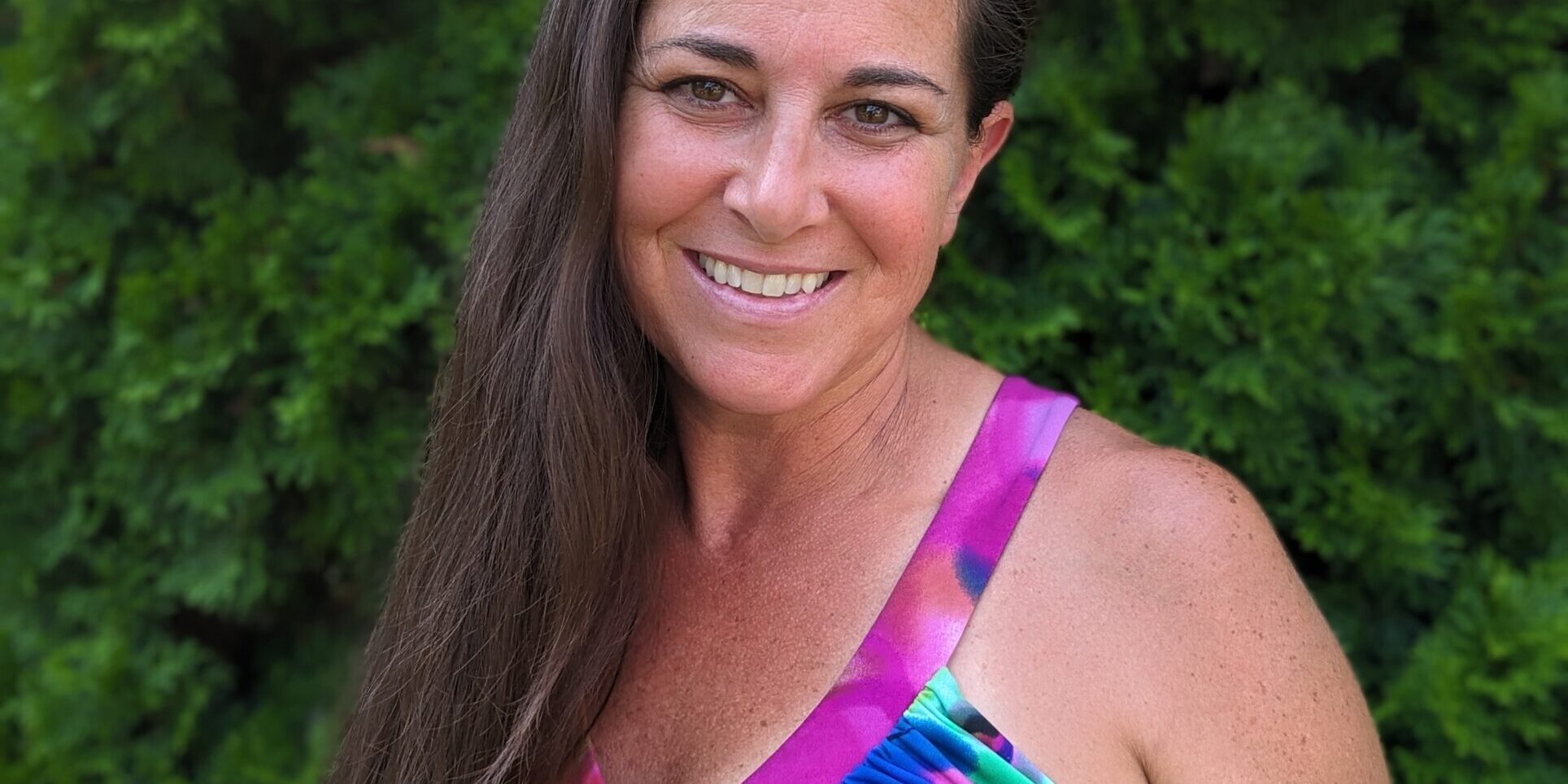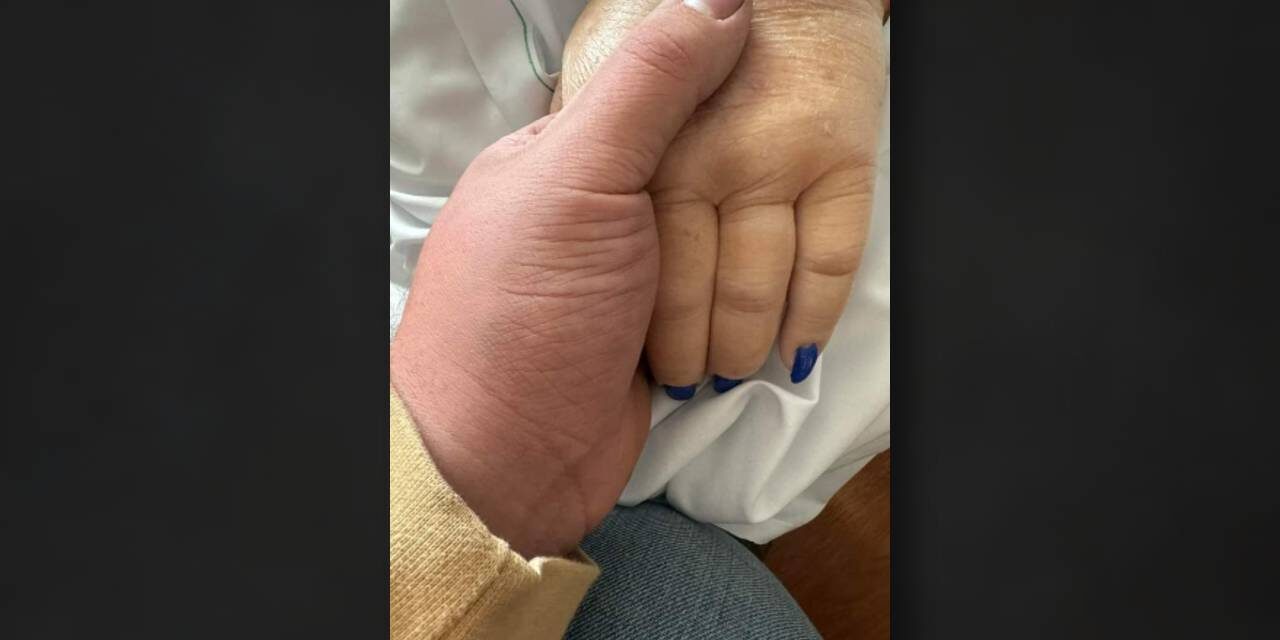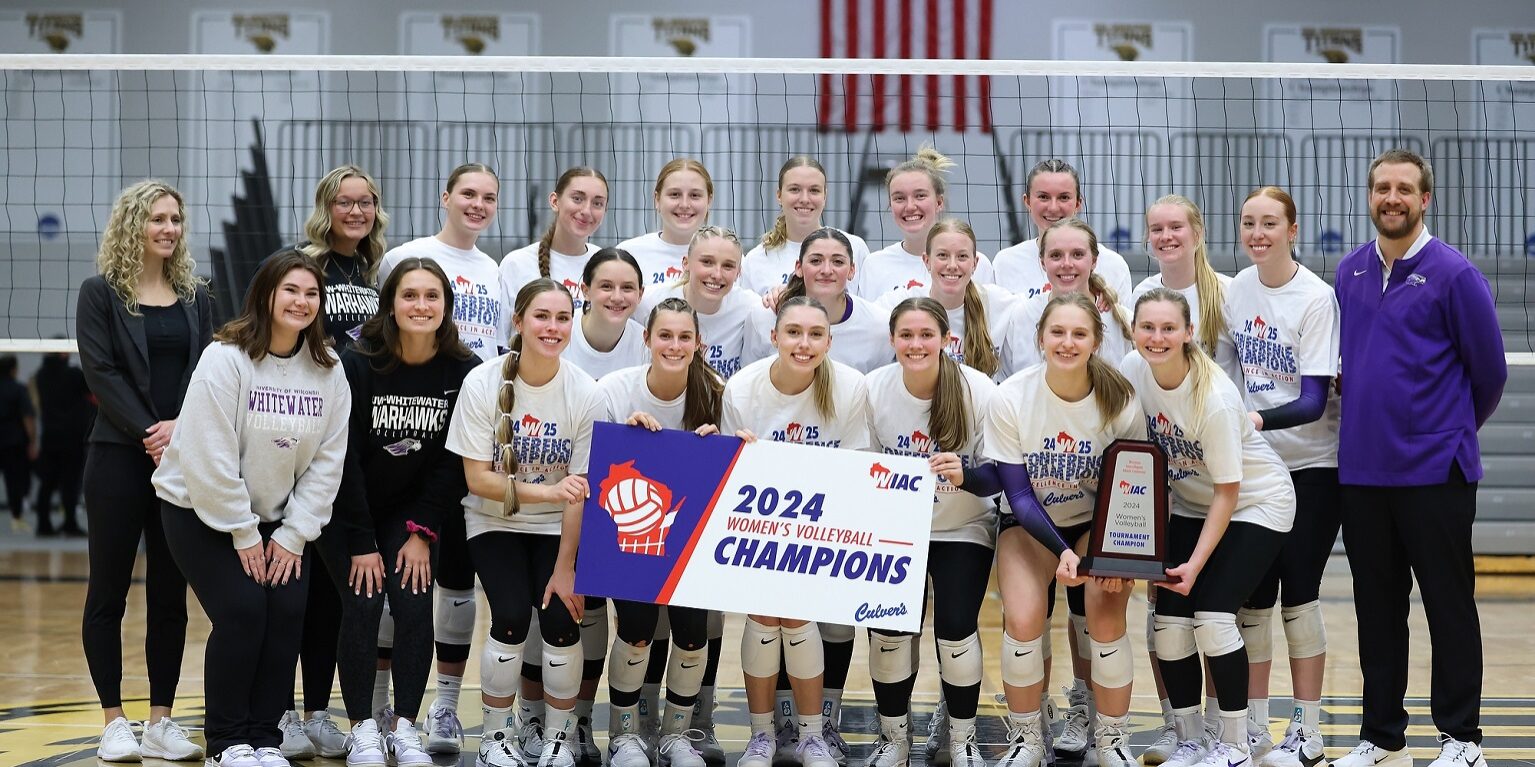Editor’s note: On October 17, Universities of Wisconsin President Jay Rothman announced impending changes at three of the “branch campuses” (two-year colleges). The complete text of that announcement is provided under the following statement that was made by UW-Whitewater Chancellor Corey A. King.
Earlier today, Universities of Wisconsin President Jay Rothman announced that two branch campuses — UW-Milwaukee at Washington County and UW Oshkosh, Fond du Lac campus— will end in-person instruction by June 2024. Another campus, UW-Platteville Richland, which had previously suspended in-person classes, will close.
These actions are the result of ongoing enrollment declines at many of the branch campuses in Wisconsin and the changing landscape of higher education. Our thoughts are with our colleagues and students across the state as they navigate the changes to come.
I recognize this news will be met with questions and concerns as it relates to our work and mission at UW-Whitewater, which includes UW-Whitewater at Rock County.
Let me be crystal clear: the Rock County campus will remain open. We are investing in our branch campus. The future of URock is bright. And we are committed to providing transformational educational experiences in the Rock County region.
In the last year alone, we’ve achieved multiple successes:
- We are invigorated by the positive enrollment trends at our Rock County campus. This fall, enrollment increased nearly 18 percent, the first year-to-year growth since 2018.
- In May, the first graduates of our Bachelor of Applied Arts and Sciences program crossed the stage at spring commencement. This is a flexible degree completion pathway for people who hold an applied associate degree from a technical college.
- This September, students in the first cohort in our collaborative nursing degree program started their classes. It’s part of our commitment to the region to respond to the critical need for healthcare workers in southern Wisconsin.
- We reaffirmed our collaborative engineering degree, offering multiple emphases for students interested in this in-demand field.
- Students at UW-Whitewater at Rock County are now able to participate in competitive athletics as they move along their educational journey. In February, the National Junior College Athletic Association accepted the campus as its newest member. Rock County intends to field teams starting in the 2024-25 academic year. The women’s volleyball team has launched early and is already competing.
We know that President Rothman has directed those universities with branch campuses that will remain open to engage with stakeholders to drive growth and to evolve. As an institution with “collaboration” as a core value, UW-Whitewater is already immersed in this work.
Earlier this year, we submitted an analysis of the Rock County campus to the Universities of Wisconsin leadership that outlines a bright future of innovative programs, regional engagement, and workforce development. We’ve met with leaders of the Rock County Administration, the Rock County Board and Janesville School District. Several cabinet members and I have also been on the ground regularly in both Janesville and Beloit, seeing the immense potential for collaboration in this exciting Wisconsin county.
UW-Whitewater at Rock County is, and will continue to be, an integral part of the region, providing flexible pathways to degrees for students at the beginning of their college career as well as working professionals with years of experience. We look forward to seeing this campus continue to grow and strengthen our relationship with Rock County and the region.
Corey A. King, Ed.D
Chancellor
Richland campus to close, two others end in-person instruction, under directive from President Rothman
MADISON, Wis. – Universities of Wisconsin President Jay Rothman announced today his decision to end in-person instruction at two additional branch campuses and to close one branch campus. Rothman also directed chancellors overseeing the remaining two-year campuses to work with local officials to determine the best uses for facilities to meet student and community needs.
The two campuses at which in-person instruction will end are UW-Milwaukee at Washington County and UW Oshkosh, Fond du Lac campus; the goal date is June 2024. UW-Platteville Richland will be closed. The decision follows Rothman’s earlier directive to chancellors to explore the long-term viability of the branch campuses.
“It’s time for us to realign our branch campuses to current market realities and prepare for the future. The status quo is not sustainable,” Rothman said. “This decision is a response to an evolving student marketplace. Offering students an educational experience they deserve while working with local leaders to ensure it meets their expectations is key to our long-term success.”
Rothman recently informed chancellors of his decision.
The actions would leave 10 remaining branch campuses located in Barron County, Baraboo, Manitowoc, Marinette, Marshfield, Menasha (Fox Cities), Rock County, Sheboygan, Waukesha, and Wausau.
Rothman charged the chancellors overseeing the 10 campuses to discuss future options with local county governments that own the buildings in which classes are offered.
“We want to work with the counties to determine the best way for our universities to serve their communities,” Rothman said. “This reassessment is designed to ensure facilities are used in ways that meet community needs and provide long-term stability.”
He said those conversations will involve utilizing the existing campuses or other possible locations in a range of ways, including offering four-year and graduate degree options, upskilling and reskilling opportunities for the existing workforce, expanding dual enrollment, or opening ‘navigation centers’ for high school and nontraditional students seeking guidance on their university journey. Rothman said retaining the remaining branch campuses is an option that will be determined by community needs and the ability of the Universities of Wisconsin to meet those needs.
Choices made by the vast majority of traditional and nontraditional students are driving the decision, Rothman said, not cost savings.
“We are seeing freshman enrollment rising at most of our four-year campuses while enrollment at the two-year campuses has been falling at a rapid rate for years,” Rothman said. “Moreover, online enrollment has been trending up as well. The market is telling us that increasingly students are pursuing a degree at our four-year campuses or online.”
Rothman added that the student experience is waning on some branch campuses because of the decline in enrollment. Existing students attending the campuses where in-person learning will be no longer available will be offered enrollment options at other universities.
Rothman told chancellors to embark on the negotiations promptly with the goal of cementing a clear pathway by early spring 2024.









